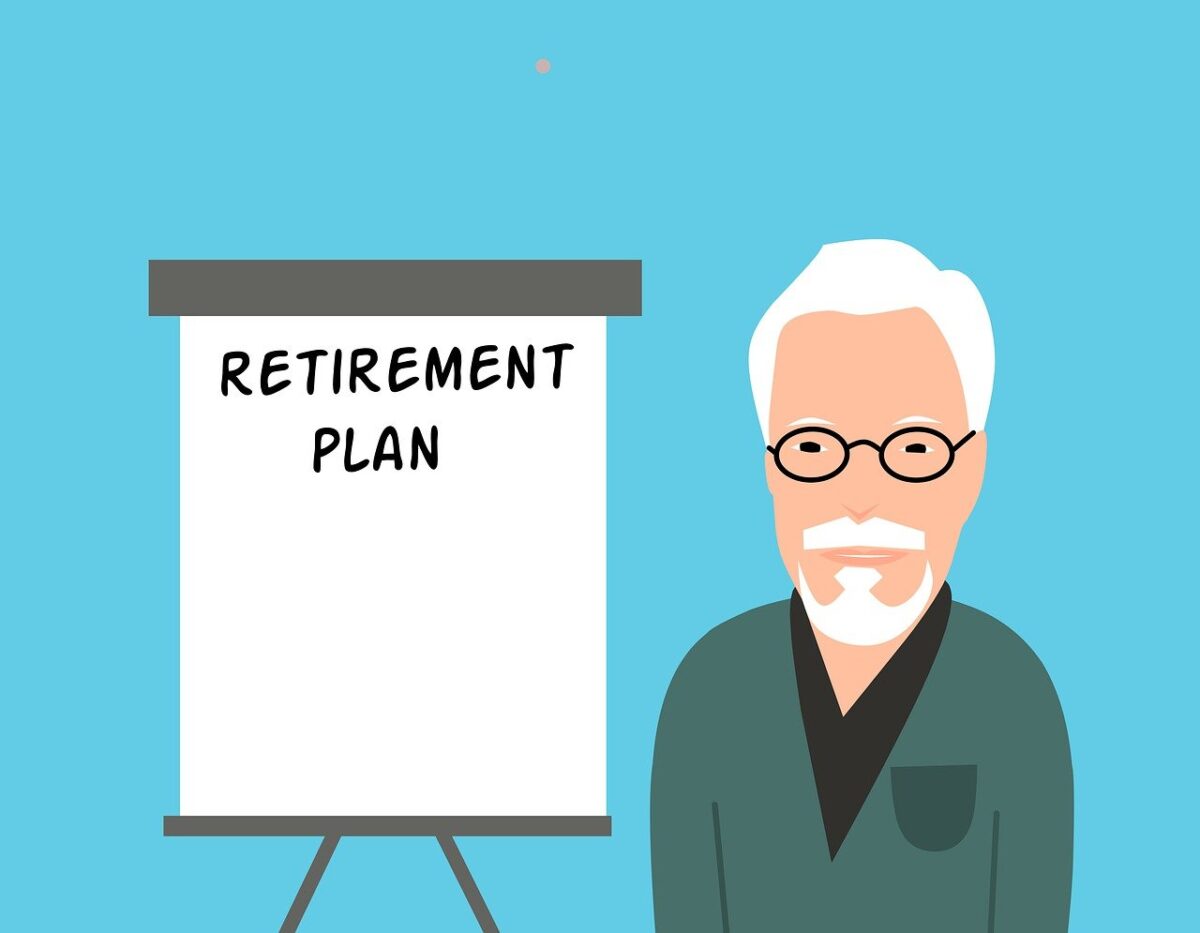Saving money for retirement is critical, but it’s not the only thing you need to do to have a safe and prosperous future. One of the most important things you can do is make sure you have the right insurance policies in place. Especially when saving for your golden years, you’ll want to have insurance policies that will help protect your finances, your health, and your legacy.
When planning for retirement, it’s essential to think about more than just your savings account. You’ll also need some crucial types of insurance. Here are the vital types of insurance that you’ll need for a safe and prosperous retirement:
7 Essential Types of Insurance
Did you know that the average cost of living in retirement is 30 percent less than it was when you were working? Because most retirees have fewer living expenses, they can save more. Other factors contribute to lower costs, too, such as decreased medical bills due to healthier lifestyles. That being said, there are still some essential types of insurance that you need for your retirement years.
1. Long-Term Care Insurance
There is no way to avoid needing long-term care as we get older. It’s estimated that 70 percent of people turning 65 today will be in need of Long Term Care Insurance as they will require some form of daily assistance by age 85. Since most people do not have the savings to pay for long-term care in their last years, an essential type of insurance you’ll need if you find yourself in this situation is long-term care insurance. While Medicare pays for limited skilled nursing home stays, it doesn’t cover ongoing daily support services such as bathing or dressing oneself. Long-term care insurance is one of the most important types of insurance you can have. It can cover your expenses for extended stays in a nursing home or other facility, as well as in-home care from a professional caregiver. If you’re looking for an alternative to traditional long-term care insurance, consider a retirement village such as Summerset at Monteray Park, which is one example of a retirement village offering home and lifestyle options for those in need of long-term care. These villages offer a wide range of services, from home health care to transportation and access to recreational activities.
2. Lifetime Annuities
Annuities are one of the simplest ways to turn your investments into guaranteed income. They can provide an excellent retirement income and offer a secure way to ensure you won’t outlive your money. An annuity is essentially a contract with an insurance company that will pay you a set amount every month for as long as you live. It guarantees a specific rate of return and a lifetime income. Note that these guaranteed rates are usually lower than what you can expect from the stock market, but that’s a good thing because it protects you against market downturns. In general, the older you are when purchasing an annuity, the more your monthly payout will be.
3. Health Insurance
Health insurance is another essential type of insurance you’ll need during retirement. This policy helps you pay for medical costs, including doctor’s visits, hospital stays, and prescription drugs. It’s vital to have health insurance during retirement, as you may not be able to afford to pay for these costs out-of-pocket. Health insurance has many benefits that can help you save money on medical expenses, which can add up quickly if you’re not covered. Moreover, health insurance can help you stay healthy during retirement by providing access to preventive care services.
4. Critical Illness Insurance
A critical illness can happen to anyone at any time. If you’re not prepared, the financial consequences can be devastating. That’s where necessary illness insurance comes in. This type of policy pays out a lump sum of money if you are diagnosed with a critical illness such as cancer, heart attack, or stroke. Having a necessary condition can be life-changing both emotionally and financially. Not only do you have to deal with the emotional impact of a diagnosis, but there’s also the financial toll that needs paying too. Losing a job due to a severe condition could mean losing your house and other assets. Critical illness insurance can help offset some of these costs and ensure that you don’t go into debt trying to pay for treatment. This money can help you pay for treatments and other expenses related to your illness.
5. Disability Insurance
Disability insurance pays you a percentage of your earnings if you cannot work because of an injury or illness. One in four Americans will become disabled before they retire. This is why it’s so important to have disability insurance, which can provide a steady income if you cannot work due to an injury or illness. Your family’s financial security could be at risk if you cannot earn an income for an extended period, so you must have a solid disability insurance policy in place. It is intended to replace lost income to maintain the standard of living to which you are accustomed – so having this type of insurance during retirement is essential. This type of policy typically covers accidents, sudden illness, and chronic conditions.
6. Life Insurance
No one knows when their time will come, and that’s why it’s crucial to have life insurance. If something happens to you and you don’t have life insurance, your loved ones will have to bear the burden of your funeral costs and other final expenses. A life insurance policy gives peace of mind in knowing that your loved ones won’t have to worry about these costs if something happens to you. In addition, many life insurance policies also offer a death benefit, which can be used to help pay off debts or cover other costs associated with your death.
7. Medi-gap Insurance
While Medicare does provide some coverage for health care costs, there are often significant gaps in what it covers. This is where Medigap insurance comes in. Medi-gap policies fill in the gaps in Medicare coverage so that you don’t have to pay out-of-pocket for things like copays, deductibles, and coinsurance. This type of policy can be a lifesaver if you have a severe illness or injury, as it will help you pay for the medical costs that Medicare doesn’t cover.
Insurance is an integral part of any retirement plan. Make sure to talk to an insurance agent to find out which types of insurance are best for you. You will also want to ensure that you have plenty of savings and investments. Having a solid retirement plan is essential for a safe and prosperous retirement. Make sure to include insurance in your plan. Talk to an insurance agent today to get started on your retirement plan.



